
BBC One
Featured Show:
First Class
First Class was a 1980s BBC TV game show hosted by Debbie Greenwood. The show was broadcast on Friday evenings on BBC 1 and ran for at least three series. Two teams of three students would take part in a multi-format quiz featuring questions on both general knowledge and popular culture, as well as innovative video game rounds. Rounds such as the "Spinning Gold Disc" made use of a simulated computer display similar to other game shows of the same era, such as Blockbusters and Catchphrase. Other rounds such as "Word of Mouth" used a real computer display from a BBC Micro. This computer also provided the on-screen captions and scores and was nicknamed Eugene, after the show's original programmer Eugene Crozier. The competition was a knockout tournament; the eventual winners of the series would be presented with a computer for their school. Celebrity episodes of the show were also aired, featuring cast members from Grange Hill and EastEnders. First Class was notable for its use of video games; such footage was a rarely seen on UK television at the time and the show aired several years before GamesMaster. The designated contestant from each team would earn points by beating the other player's score; rounds would be either turn-based and head-to-head depending on the game / event. The games were often referred to by their events as opposed to their titles, for example the "spring and vault" round or the "clay pigeon shooting".
BBC One TV Shows
2484 shows • Page 119 of 125
 0
0First Class
First Class was a 1980s BBC TV game show hosted by Debbie Greenwood. The show was broadcast on Friday evenings on BBC 1 and ran for at least three series. Two teams of three students would take part in a multi-format quiz featuring questions on both general knowledge and popular culture, as well as innovative video game rounds. Rounds such as the "Spinning Gold Disc" made use of a simulated computer display similar to other game shows of the same era, such as Blockbusters and Catchphrase. Other rounds such as "Word of Mouth" used a real computer display from a BBC Micro. This computer also provided the on-screen captions and scores and was nicknamed Eugene, after the show's original programmer Eugene Crozier. The competition was a knockout tournament; the eventual winners of the series would be presented with a computer for their school. Celebrity episodes of the show were also aired, featuring cast members from Grange Hill and EastEnders. First Class was notable for its use of video games; such footage was a rarely seen on UK television at the time and the show aired several years before GamesMaster. The designated contestant from each team would earn points by beating the other player's score; rounds would be either turn-based and head-to-head depending on the game / event. The games were often referred to by their events as opposed to their titles, for example the "spring and vault" round or the "clay pigeon shooting".
 0
0Paddington Green
Paddington Green is a British television series, which explores the lives of the residents of Paddington, London. It is created by Lion Television and was first shown on the BBC in late 1998/early 1999. It is an example of the fly on the wall and docusoap television format, with narration by Ross Kemp in the first three series, followed by Todd Carty in the latter three.
 0
0Business Breakfast
Business Breakfast is a business programme which aired on BBC One from 4 September 1989 to 15 September 2000.
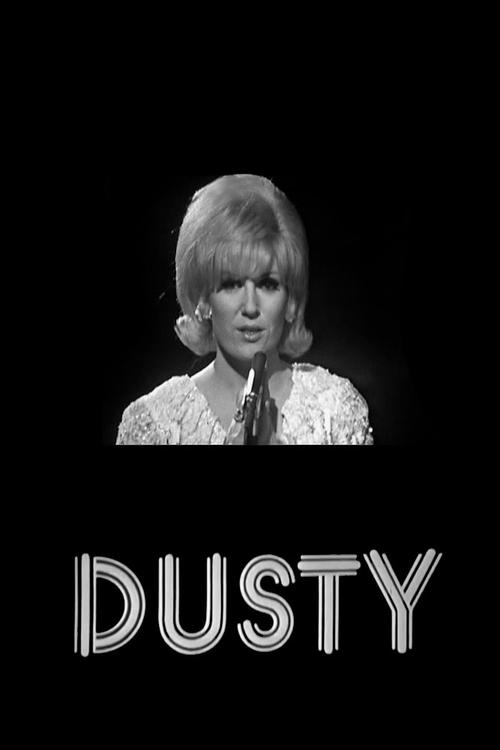 0
0Dusty
Dusty Springfield hosts her 1960s variety show series with special guests.
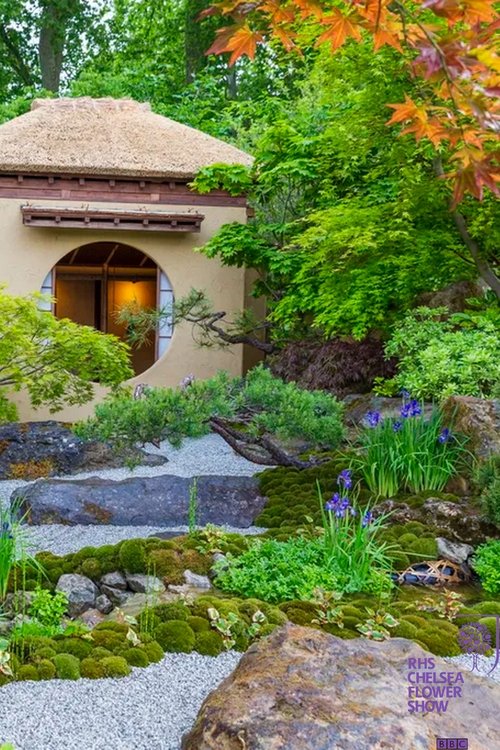
RHS Chelsea Flower Show
The RHS Chelsea Flower Show, formally known as the Great Spring Show, is a garden show held for five days in May by the Royal Horticultural Society (RHS) in the grounds of the Royal Hospital Chelsea in Chelsea, London. Held at Chelsea since 1912, it is the most famous flower and landscape gardens show in the United Kingdom, and perhaps in the world. The show is attended by members of the British Royal Family and attracts visitors from all continents. Highlights to the Chelsea Flower Show include the avant-garde show gardens designed by leading names with Floral Marquee at the centrepiece. The Show also features smaller gardens such as the Artisan and Urban Gardens.
 0
0John Halifax, Gentleman
John Halifax, Gentleman is a British drama television series which originally aired on the BBC in five episodes in 1974. It was an adaptation of the novel John Halifax, Gentleman by Dinah Craik. It was screened on the Sunday tea time slot on BBC One, which usually showed adaptations of classic novels.
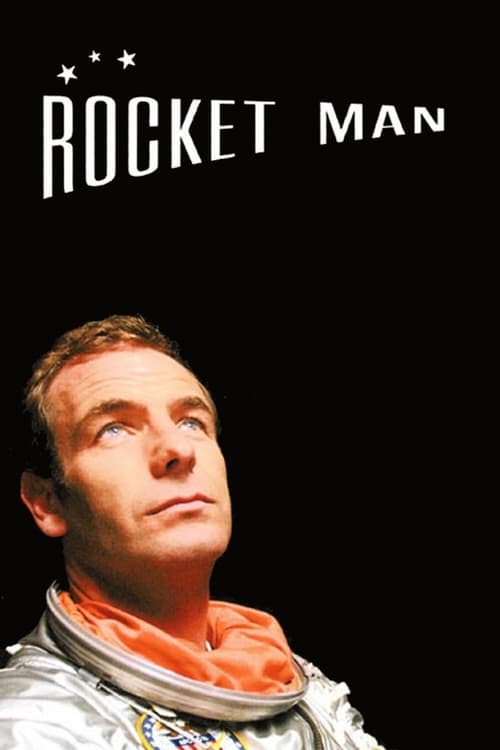
Rocket Man
Rocket Man is a BBC television drama series, produced in 2005, about a recently widowed Welsh man who is struggling to build a rocket in which to launch his wife's ashes into space. It was created by Alison Hume and stars Robson Green, Charles Dale and John Rhys Halliwell. The six hour-long episodes in the series were filmed in Druridge Bay, Northumberland.
 0
0Gardens Through Time
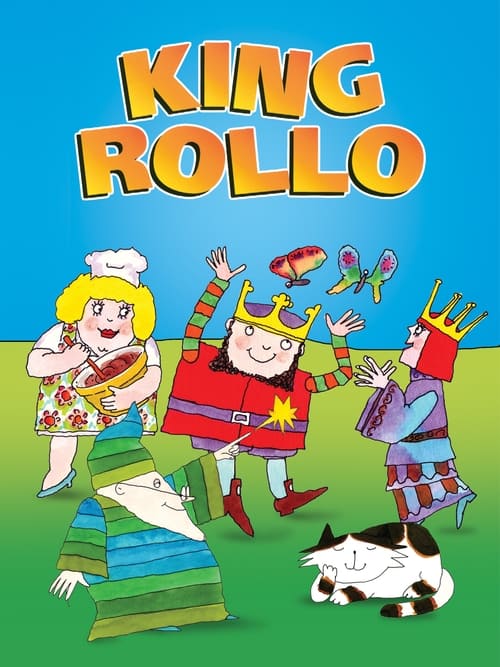
King Rollo
Animated 1980s TV from the Beeb, about a playful medieval king and his entourage.
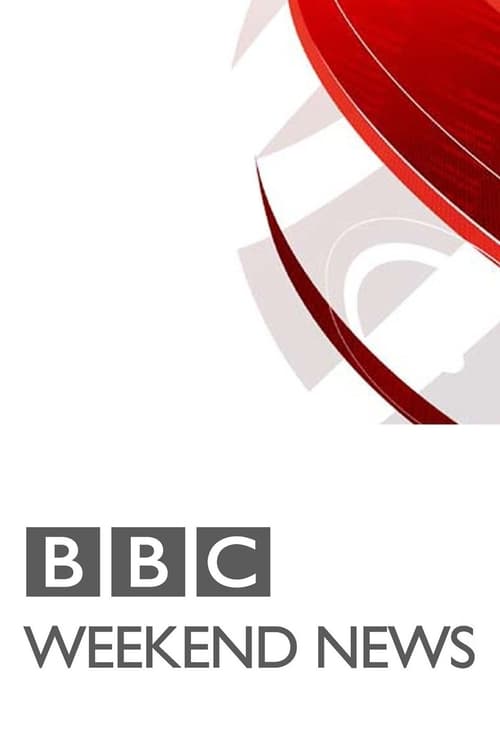 0
0BBC Weekend News
BBC Weekend News is the BBC's national news programmes on BBC One at the weekend and bank holidays, although it is often referred to on guides simply as BBC News. It is called BBC Weekend News on all bulletins apart from being broadcast on Weekend at the 10:00pm hour, where it is named the BBC News at Ten.
 0
0BBC News: 8pm Summary
 0
0Life on the List
 0
0To Shatter the Sky
To Shatter the Sky, subtitled Bomber Airfield at War, is a book and also BBC Television programme of the same name by the military historian, author and screenwriter Bruce Barrymore Halpenny. The book was already being worked on when the author was approached by the BBC to produce a related theme for a history programme, hence the programme and book sharing the same name. The programme was aired on BBC 1 in late 1983 and the book launched in early 1984.
 0
0Charles Darwin and the Tree of Life
Charles Darwin and the Tree of Life is a 2009 television documentary about Charles Darwin and his revolutionary theory of evolution through natural selection, produced by the BBC to mark the bicentenary of Darwin's birth. It is part of the BBC Darwin Season. The presenter, David Attenborough, outlines the development of the theory by Darwin through his observations of animals and plants in nature and in the domesticated state, visiting sites important in Darwin's own life, including Down House, Cambridge University and the Natural History Museum, and using archive footage from Attenborough's many nature documentaries for the BBC. He reviews the development of the theory since its beginnings, and its revolutionary impact on the way in which humans view themselves - not as having dominion over the animals as The Bible says, but as part of the natural world and subject to the same controlling forces that govern all life on Earth.
 0
0Full Swing
Full Swing was a game show that combined general knowledge questions and the game of golf which aired on BBC1 for one series from 25 May to 27 July 1996. The programme was hosted by Jimmy Tarbuck with voice overs by Rosemarie Ford. The show was inspired by the BBC's popular Big Break, which was based around snooker. However, unlike the long-running Big Break, Full Swing did not catch on and only ran for one series.
 0
0Superstars
Superstars is an all-around sports competition that pits elite athletes from different sports against one another in a series of athletic events resembling a decathlon. Points are awarded for the position in which the competitor places in each event. The competitor with the most points at the end of all ten events is declared the champion. On the original ABC version, an athlete could compete in up to seven events, but no athlete was permitted to compete in the sport of his or her profession. In the World, International, European and British versions of the contest, athletes would compete in 8 out of 10 events, with no-one generally allowed to take part in their own sport, although some handicapping rules did apply. The idea was developed by 1948 and 1952 Olympic figure skating champion Dick Button. He shopped the idea to all three U.S. television networks, and ABC bought it as a special for the winter of 1973. The first Superstars competition was held in Rotonda West, Florida in March 1973 and was won by pole vaulter Bob Seagren. The BBC covered the competition and aired their own programme, featuring British athletes on 31 December 1973, which was won by 400 metre hurdles Olympic champion David Hemery. Television broadcasts of the competitions were popular both in Europe and North America in the 1970s and 1980s. Further events featuring European athletes started from 1975, with six World Superstars championships taking place from 1977 to 1982.
 0
0Brainstorm
Brainstorm was a British comedy quiz programme about science. It originally aired on BBC1 for one series in 1988, hosted by Kenny Everett and co-hosted by Cleo Rocos.
 0
0Sixty Minutes
Sixty Minutes was a news and current affairs programme which ran each day at 5:40pm between 24 October 1983 to 27 July 1984 on BBC1. It replaced the Nationwide programme, and like Nationwide, it also integrated the BBC regional news programmes into a single magazine programme. However, the BBC's News department stoutly maintained its independence from colleagues in Current Affairs, and the first 15 minutes of news was almost a separate programme, followed by 20 minutes from BBC regional news before the final 25 minutes of national current affairs. Accordingly the format was unwieldy, with neither the conciseness of a bulletin nor the softness of the show's predecessor, Nationwide. The editor, David Lloyd, poached Nick Ross from the highly popular Breakfast Time to front the show, along with Desmond Wilcox, Sarah Kennedy, and Sally Magnusson. Sarah Kennedy was unable to join the team at the programme's launch but eventually began to present the show after Wilcox was dismissed early in the show's run. The news bulletins were usually read by Jan Leeming, Moira Stuart or Richard Whitmore. The programme was not well received and although its ratings eventually began to improve it broadcast its final edition on Friday 27 July 1984. Throughout August, BBC1 reverted to placing the early evening news at 5.40pm followed by the regional news magazines, before launching a new schedule on 3 September 1984 with the Six O'clock News. Arguably, another legacy was the eventual integration of the BBC News and current affairs departments.
 0
0Finders Keepers
Finders Keepers is a children's game show broadcast by the BBC from 1981 to 1985. The show combined a quiz element with a computerised version of the game Battleships. Two teams of three primary school-aged pupils would compete against each other. On scoring a "hit" at the Battleships game, the team had to answer a question to gain the associated points. The show was also notable for host Richard Stilgoe playing the theme on a synthesiser live in the studio at the beginning, as well as the use of the phonetic alphabet to indicate the square on the battleship grid. The game of Battleships was played on a 7x7 grid and ran on a BBC Microcomputer. According to the Kaleidoscope Children's Guide, some editions of the series were wiped from the BBC archives in 1993.
 0
0Star Spell
Star Spell is a BBC game show which put celebrities against each other in spelling related games, each one was subsequently eliminated until there was one Star Spell Champion. It was presented by Eamonn Holmes and was a spin off from the BBC programme Hard Spell.